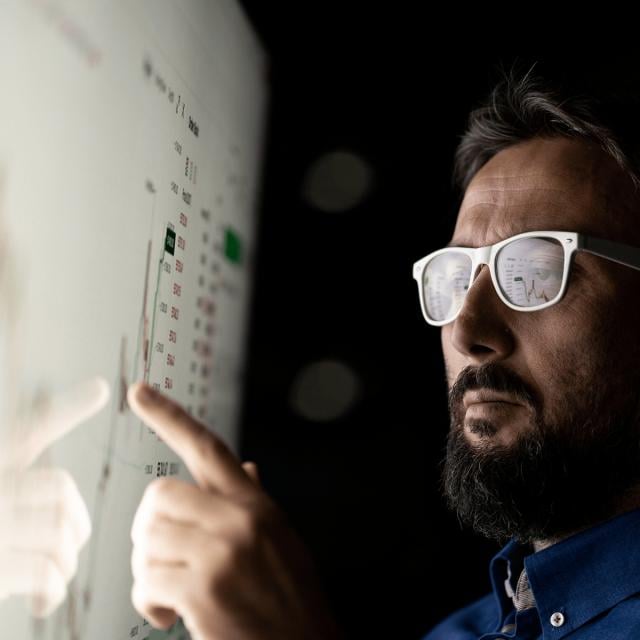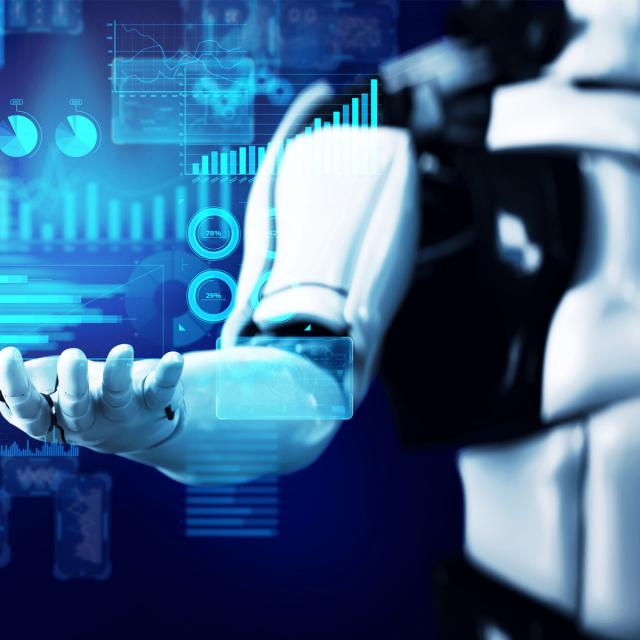Python Basics for Online Research Specialization
Online social science methods use technology to push the bounds of what we can know about human interaction and communication. The digitization of communication has provided a wealth of data that is transforming the social sciences. But there's a gap between the important questions about human nature and the raw, messy reality of code and data. In this 4-course specialization, we will bridge the gap, learning enough of a popular programming language—Python—to discover things about ourselves, our friends, each other, and society, as we interact with the Internet in code.
No prior skills or knowledge are assumed. Really this specialization is a "Pre-introduction" to code. On the technical skills side, this specialization will teach basic Python types, variables, code flow, and modules, up to functions. But you won't actually write any code. Instead this specialization will teach you to read, run, think, and play in code. That is because there is so much we can do to inspire and prepare you before you've even written your first line.
It is recommended to take each course in the specialization and in sequence, as the four courses build off of each other. We look forward to being a part of your continuing education!
What You Will Learn:
Practice with Python by bridging between the basics of a programming language and interacting with the Internet and address the human side of code.
Practice with strings, lists, Booleans, errors, lists, and list manipulation. Learn how people use code to represent real-world ideas.
Manipulate the flow of how your code runs, turning logic into useful work. Learn about loops, list comprehensions, and conditional statements.
Author more complex ideas and capabilities in Python using dictionaries, how to work with them and nest them, functions, refactoring, and debugging.




